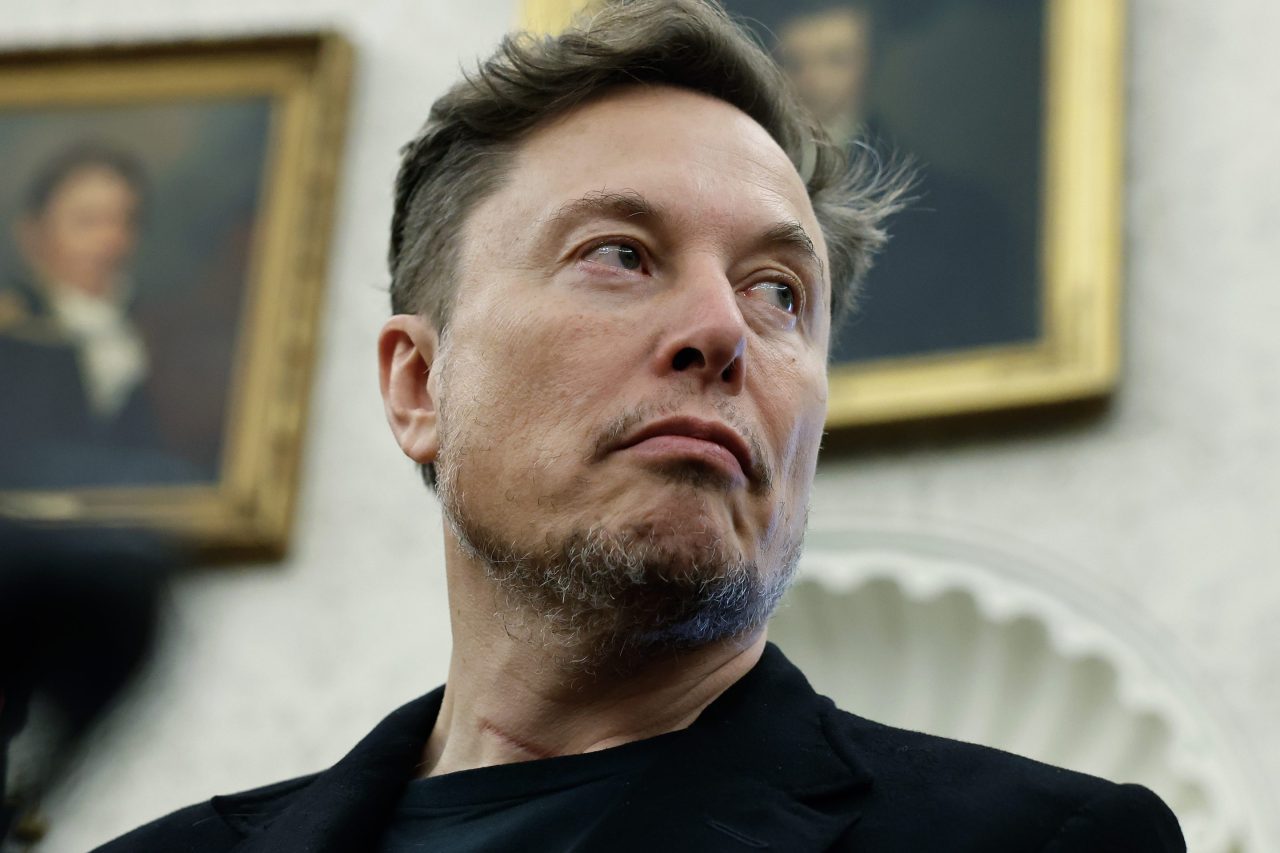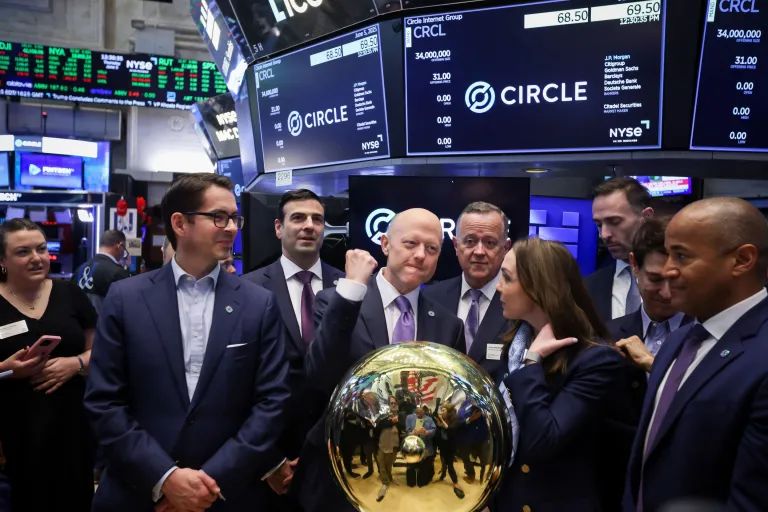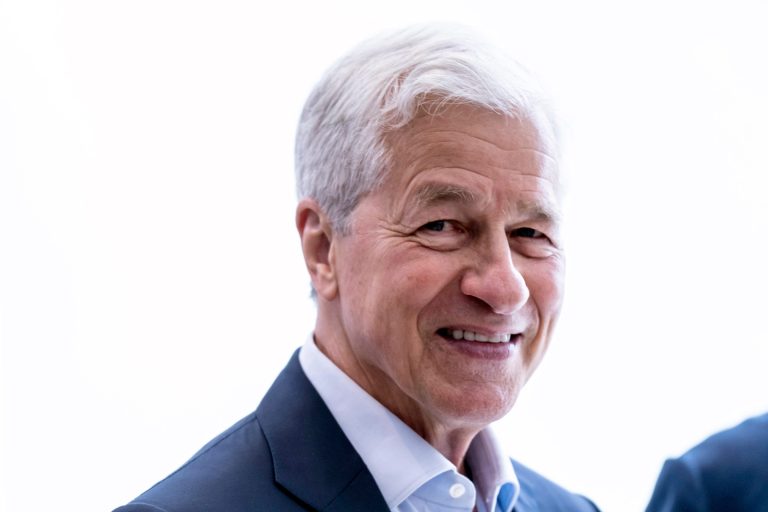Elon Musk resigns from Trump’s business advisory council after disagreement over a controversial legislative proposal dubbed the “Big Beautiful Bill.” Read on to explore the reasons, implications, and what this means for the future of business-government relations.
Elon Musk Quits Trump’s Advisory Council After Rift Over ‘Big Beautiful Bill’
In a high-profile move that made headlines around the world, billionaire entrepreneur Elon Musk has officially exited President Donald Trump’s business advisory council. The decision comes in the wake of a fundamental disagreement over a legislative proposal, provocatively nicknamed the “Big Beautiful Bill.”
Elon Musk, CEO of Tesla and SpaceX, has long been known for his bold decisions, disruptive innovation, and increasingly, his willingness to speak truth to power. His break from the Trump administration marks a significant moment in the ongoing debate over corporate influence in politics and the role of ethical leadership in the business world.
What Was the ‘Big Beautiful Bill’?
The so-called “Big Beautiful Bill” was a sweeping legislative package introduced during the Trump administration, aimed at rolling back several environmental and trade regulations. While the official name of the bill was something far more bureaucratic, the nickname was coined by Trump himself, branding it as a “common-sense” deregulation initiative designed to boost American industry and cut red tape.
However, critics—including Musk—argued that the bill prioritized short-term economic gains over long-term sustainability and innovation. For Musk, whose companies revolve around clean energy, electric vehicles, and climate-conscious technology, the bill’s provisions were not just misguided—they were dangerous.
Why Did Elon Musk Resign?
Elon Musk’s departure wasn’t spontaneous. It followed several months of growing tension between him and the Trump administration. Musk had previously voiced concern over the United States’ withdrawal from the Paris Climate Agreement and criticized the government’s slow pace in supporting renewable energy.
But the “Big Beautiful Bill” was the last straw.
In a tweet shortly after his resignation, Musk stated:
“Climate change is real. Leaving the Paris Agreement was wrong. Supporting legislation that damages our future is not something I can stand behind. I’m stepping down.”
Sources close to Musk said he tried to influence the bill from the inside, urging the administration to include clean energy incentives and sustainability clauses. When those efforts failed, and the administration refused to compromise, Musk saw no ethical way to remain on the council.
The Reaction from the Business World
Musk’s decision was met with a mixed response. Some business leaders praised his courage, calling it a principled stand against political policies that contradict environmental responsibility. Others, particularly those with strong ties to the administration, criticized the move as “grandstanding” or “abandoning the table.”
However, public reaction was largely positive. Many saw Musk’s resignation as a symbol of moral clarity in a time when political and corporate lines were becoming increasingly blurred.
Environmental groups, climate scientists, and renewable energy advocates quickly hailed Musk as a hero for prioritizing the planet over profit.
What This Means for Elon Musk’s Companies
While Musk’s resignation from the council doesn’t directly impact Tesla or SpaceX operations, it carries symbolic weight. Both companies are deeply invested in green technologies, and being associated with policies that oppose such values could tarnish their brand image.
Tesla, in particular, has long relied on federal incentives to encourage the adoption of electric vehicles. Musk’s split from the administration might raise concerns about whether such benefits will continue. However, his influence in the public and private sectors remains significant enough to ensure that his voice will be heard—even without a formal seat at the table.
Broader Implications: Business, Ethics, and Political Ties
Elon Musk’s exit brings attention to a growing dilemma faced by CEOs and entrepreneurs: how to engage with political systems that may not align with their values. While it’s important for business leaders to maintain dialogue with policymakers, that relationship must be balanced with ethical responsibility.
Musk’s resignation may set a precedent for other corporate leaders, encouraging them to evaluate their partnerships and influence not just from a financial perspective, but from a moral one.
Conclusion: A Bold Move in a Critical Time
Elon Musk has once again proven that leadership is about more than profit margins and innovation—it’s about principles. His departure from President Trump’s advisory council sends a strong message: when political power clashes with planetary responsibility, integrity must prevail.
The world watched as one of its most influential entrepreneurs chose conscience over convenience. And in doing so, Musk may have lit a spark for a new era of responsible capitalism—where business leaders are unafraid to challenge the status quo for the greater good.



